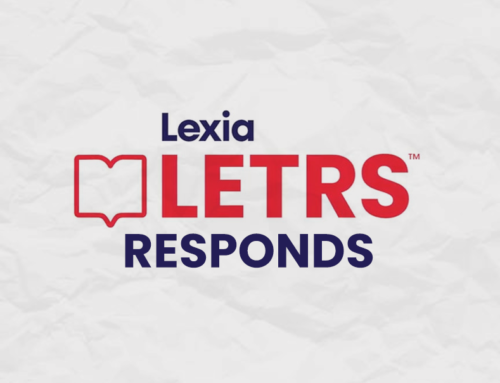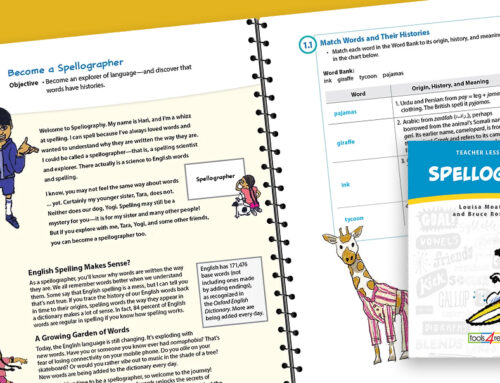
While many language skills and comprehension strategies are embedded in daily lessons, teachers know that the overall purpose of each lesson sequence is to understand content related to a theme. The reason for reading a text is clear: The text is worthwhile. It is complex and rich. The topic is inherently interesting—or if it isn’t, yet, it will be once the students know something about it. The reader will be rewarded with understanding, insight, ideas, and new information.
Unfortunately, students who have reading and language comprehension difficulties much more commonly experience comprehension instruction that targets a specific skill or strategy. While the skill and strategy focus seems logical when students lack skills and strategies, what may be sacrificed with well-intentioned intervention organized primarily around specific comprehension strategies is the point of reading—the reward of reading to learn, preferably with peers who are also engaged.







